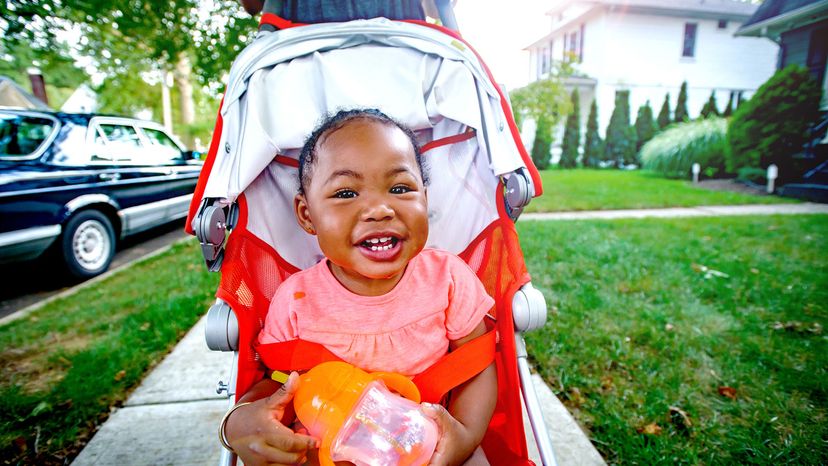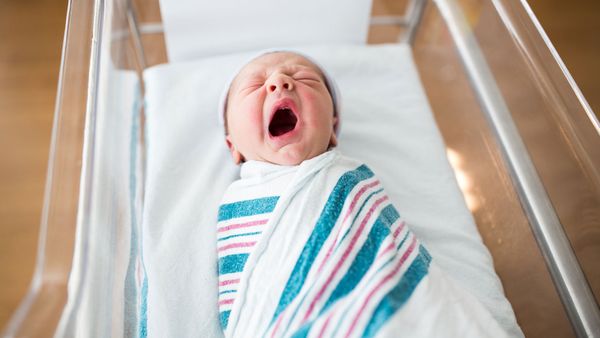
Think you remember having your diaper changed, taking a bottle or – Heaven forbid – getting circumcised? Think again – the odds are strongly against the legitimacy of such memories. In fact, research out of London, published in the journal Psychological Science found that nearly 40 percent of first memories are likely not true at all, since those respondents claimed them from extremely early in life.
Of the 6,641 participants in this large-scale, web-based study, 2,487 (almost 40 percent) claimed their first memory to date at age 2 and younger. In fact, 893 of those note a memory from age 1 and younger. This is in stark contrast with a significant body of existing research, which places the age of encoding between 3 and 3-and-a-half years old.
Advertisement
"The established view is that the distribution around mean age at encoding is truncated, with very few or no memories dating to the preverbal period, that is, below about 2 years of age," the authors write in the study.
Now, no one's implying that the super-early memory-makers are lying. In fact, the respondents truly believe that their first memory was on the up and up. The researchers hypothesize that a number of factors play into this misremembering, such as misdating the first memory. For others, compilation of memory fragments and information from others over time turns into a very real-seeming portrait of something that they couldn't have possibly remembered on their own. Co-author Martin Conway, director of the Centre for Memory and Law at City, University of London, explains what that looks like in a press release.
"When we looked through the responses from participants we found that a lot of these first 'memories' were frequently related to infancy, and a typical example would be a memory based around a pram," he says. "For this person, this type of memory could have resulted from someone saying something like 'mother had a large green pram.' The person then imagines what it would have looked like. Over time these fragments then become a memory and often the person will start to add things in such as a string of toys along the top."
Interestingly, the study found that more of the respondents with extremely early memories are middle-aged or older. Prior studies focused largely on younger adults. The researchers think older people might have had more time to incorporate memories from other people into their own life stories.
Conway notes that when people are told those early memories must be fictional, they often don't believe it. "This is partly due to the fact that the systems that allow us to remember things are very complex, and it's not until we're five or six that we form adult-like memories due to the way that the brain develops and due to our maturing understanding of the world."
Advertisement


